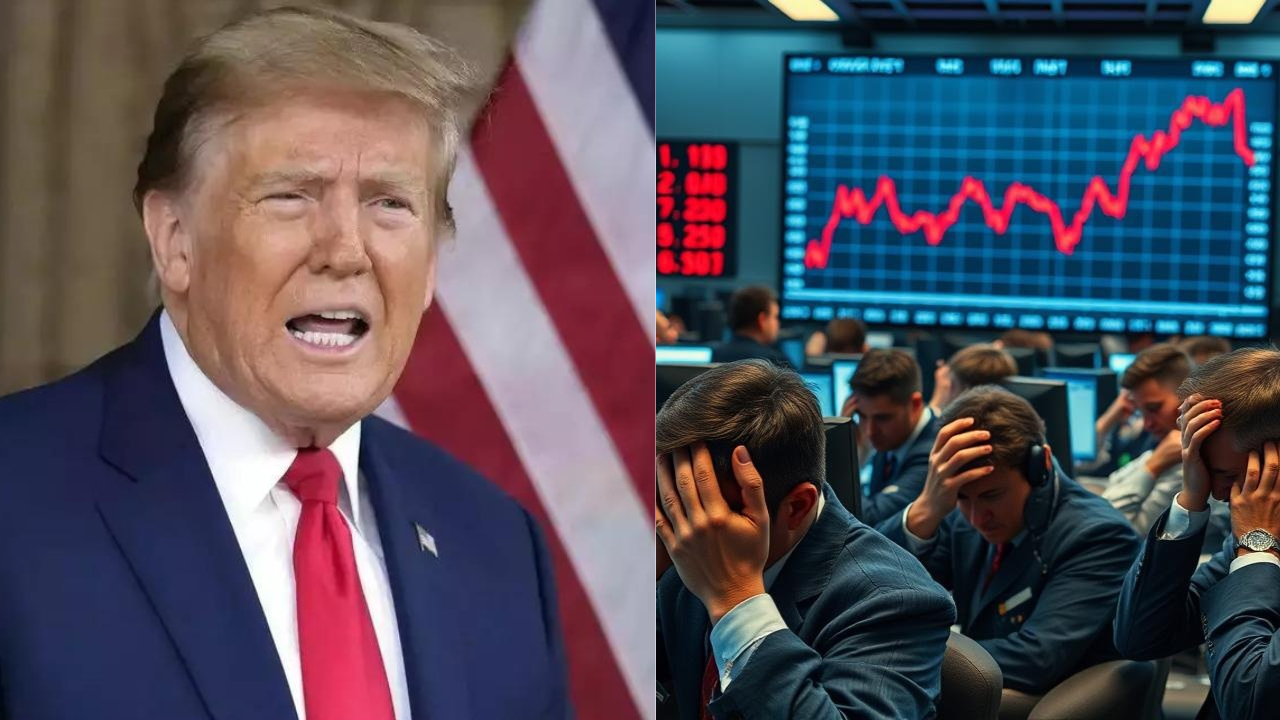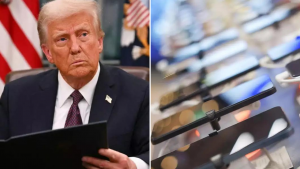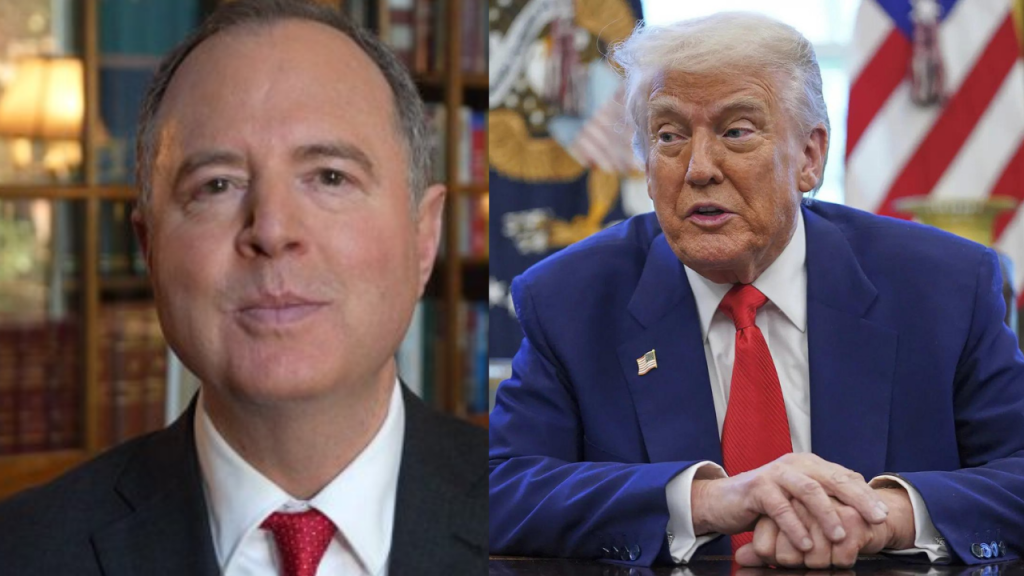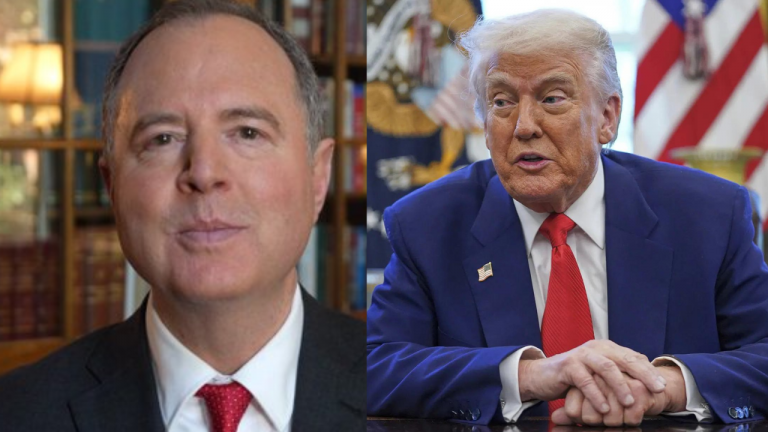President Donald Trump has reiterated his support for tariffs as a key strategy in tackling the United States’ trade imbalances with China and the European Union. Trump emphasized the significance of the recently hiked tariffs, including the 54% tariff on Chinese imports and a 25% tariff on imported vehicles. These moves have triggered retaliatory actions from the impacted nations and have also faced legal challenges regarding the extent of executive authority in imposing such measures. Despite the ongoing economic debates surrounding the effectiveness of tariffs, Trump remains steadfast in his belief that they are necessary to safeguard American economic interests. The tariffs have been a central component of Trump’s trade policy, aiming to reduce the trade deficit and protect domestic industries. However, critics argue that tariffs could lead to higher prices for consumers and disrupt global supply chains. The escalating trade tensions have sparked concerns about the potential impact on the global economy. As the trade war continues to unfold, the implications for businesses and consumers in the U.S. and abroad remain uncertain. The Trump administration’s tariff strategy is likely to remain a contentious issue, with ongoing debates over its long-term effects on the economy and international trade relations.

Posted in
JUST IN
Trump advocates tariffs to tackle trade deficits, spurring economic debates and legal challenges amid increased tariffs on imports.
In Trend

Apple and Samsung pivot to Indian production amid US tariff hikes on Chinese and Vietnamese imports, boosting competitiveness.





















